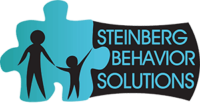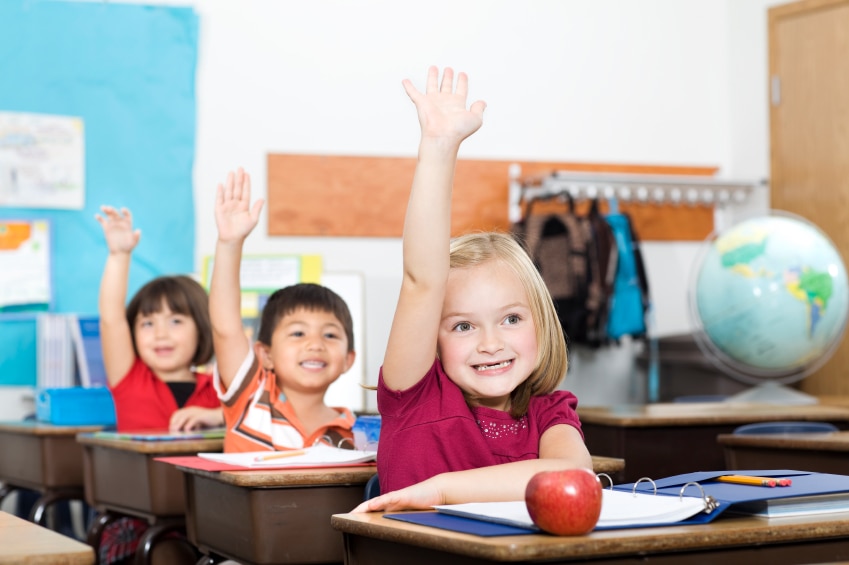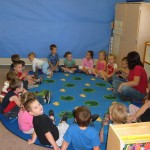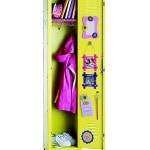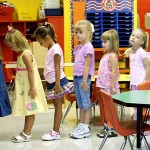Are you getting calls or notes home from your child’s teacher that he can’t sit still during class or is often the last child to get his notebook, pencil box and scissors when asked? There are many “learning readiness” skills that are not expressly taught in school, but are learned incidently, that provide the foundation for social, emotional, behavioral, and academic success throughout the school years. Here are some of the “learning readiness” skills that your Kindergartner (and up) needs to be successful in school. (Adapted from The Assessment of Basic Language and Learning Skills. James W. Partington, Ph.D., BCBA-D)
- Sits appropriately in a small and large group: He must sit without engaging in disruptive behavior during small and large group instruction.
-
- Attends to teacher and other students in the group: He needs to orient towards and follow directions given by the teacher.
-
- Follow group instructions: He needs to follow instructions presented to a group of students.
-
- Raises hand and answers a question: He needs to raise his hand and answer the question when called on.
-
- Takes turns during instruction: He needs to appropriately take turns with other students during group instruction activities.
- Follows daily routines: He needs to be able to follow multiple step routines such as hanging up coat, putting backpack in locker, and taking out folder.
- Works independently: He needs to work independently on non-educational or leisure-type activities.
- Physically transitions to next area or activity: He needs to make appropriate transitions while following directions to move from one area to another in the classroom to change educational activities.
- Gets in line on request: He must form a line and wait appropriately while standing in the line.
- Completes a task and brings work to teacher or puts away materials: He needs to follow instructions to complete a task and bring the work to the teacher or return his own educational materials.
If your child’s teacher is reporting that he is having difficulty with these learning readiness skills, you can strengthen these skills at home. Some great ways to practice and build these skills are through play dates, role play, and contriving situations at home, such as through art or cooking projects, that mimic the necessary school skills.
Upcoming blogs will address the other developmental components of school (and home) success including:
- Social Interaction Skills
- Play and Leisure Skills
- Language Skills
- Academic Skills
- Fine and Gross Motor Skills
